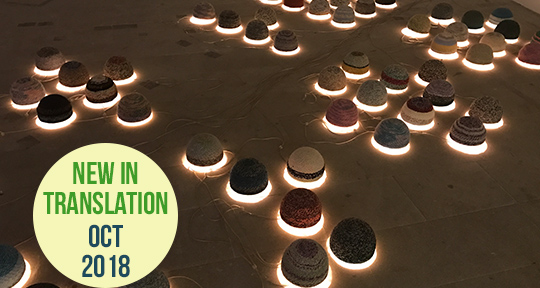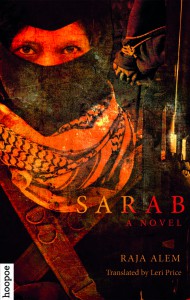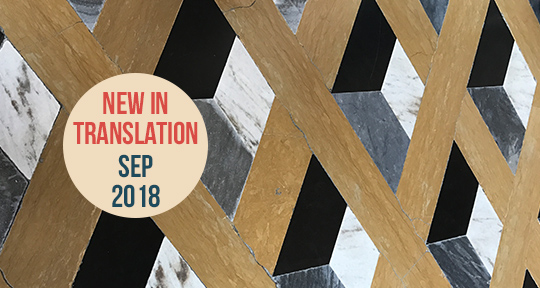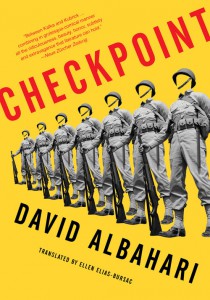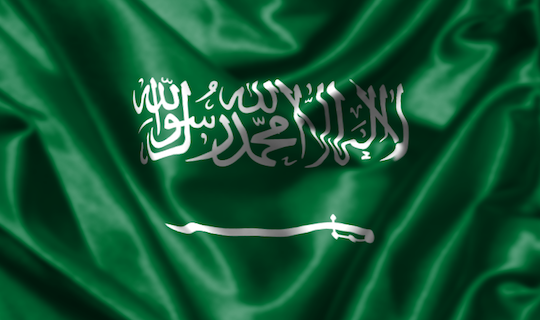This week, our team from around the world brings news of literary award shortlists and winners! From the launch of the inaugural issue of Debunk Quarterly, to the winners of the Sawiris Cultural Awards, to the recent closure of a historical bookstore in Tokyo, read on to learn more!
Bella Creel, Blog Editor, Reporting from Japan
Where are Japan’s bookstores going? In the last two decades, the number of bookstores in Japan has nearly halved, dropping to only 11,495 in 2023. The figure speaks to the many locally-owned bookstores that have had to close over the years, unable to keep customers in a rapidly digitizing era. Some of these closures have garnered international and domestic attention, the latest of which was the historical “Bookshop 書楽” (Shogaku) in Tokyo’s Suginami ward.
Owned by Mitsuru Ishida, Bookshop Shogaku has a long history in its small corner of Tokyo, located just outside of Asagaya Station for the past 43 years. The area of Asagaya itself—dubbed 文士の街, or “Literati Town”—has been a hub for creatives for well over a century, lined with jazz clubs, Showa-era coffee shops, and of course, bookstores. While famous literary figures such as Dazai Osamu and Masuji Ibuse once frequented the street and its many shelves, playing shogi and drinking as the “Asagaya Club,” over time Bookshop Shogaku became the last bookstore selling new titles in the area, until it closed as well.


